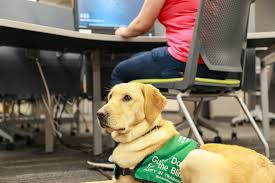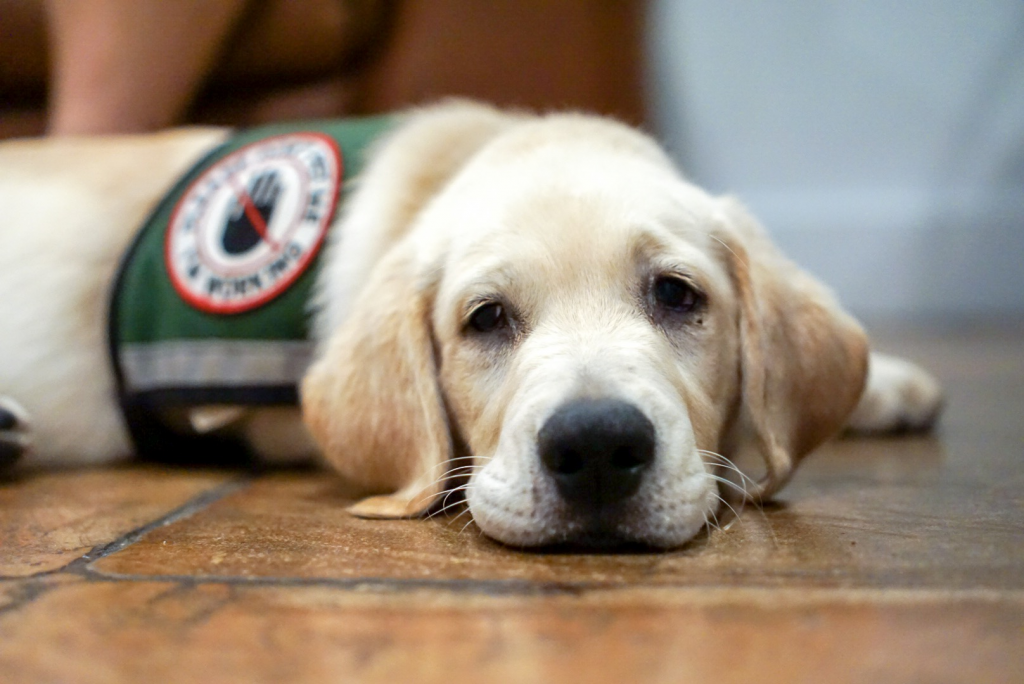By Emily Daigle
Most dog owners consider their pup to be their lifeline, but to many individuals this is quite literally true. Sight, sound, mobility, diabetes, epilepsy, PTSD, autism, allergies, mental illness – all are within the incredible range that service and guide dogs can assist their owners with.

Legally, these specially trained canines have rights regarding where they are permitted in relation to other pets. However, recently with a growing number in non-disabled dog owners obtaining fake certifications for their dogs, these rights to the owed service and guide dogs are becoming eroded.
The job of a service or guide dog should never be undermined, especially if there doesn’t seem to be a visible disability in the owner. Common courtesy and the unwritten rules of service and guide dogs are unfortunately often overlooked by bystanders who approach these trained canines in public. We’ve curated some do’s and don’ts of the proper etiquette when interacting with service and guide dogs.

DO talk to the owner, NOT the dog.
A service/guide dog and their owner are a team. Dogs are distracting with their adorable looks and personalities, but it is always important to remember that these special dogs have a purpose and need to not be distracted.
NEVER take a picture or video of the dog without permission from the owner.
DON’T ask the owner why the service/guide dog is required if you don’t notice a disability.
A majority of disabilities that service and guide dogs attend aren’t physical. It is incredibly inappropriate to ask a person what their disability is, as that is very personal information.
DO treat the owner with sensibility and respect.
DON’T assume a resting service/guide dog is ‘off-duty’
All dogs take naps. No matter what condition, if a service/guide dog is with their owner, the dog is working.
DO keep your dog at a distance from the service/guide dog.
Always let the owner of the service/guide to be the first to allow an interaction between the working dog and your own. This is another reason why it is especially important to always leash your pets.
DON’T offer the service/guide dog food.
Food, as we know, is the ultimate distraction to all dogkind.
DO tell the owner that their hard-working pup is doing a great job!
Service and guide dogs hold a lot of responsibility and value to their owners. Respecting the boundaries of the owners and the dog’s work time assists the purpose of these helpers.

